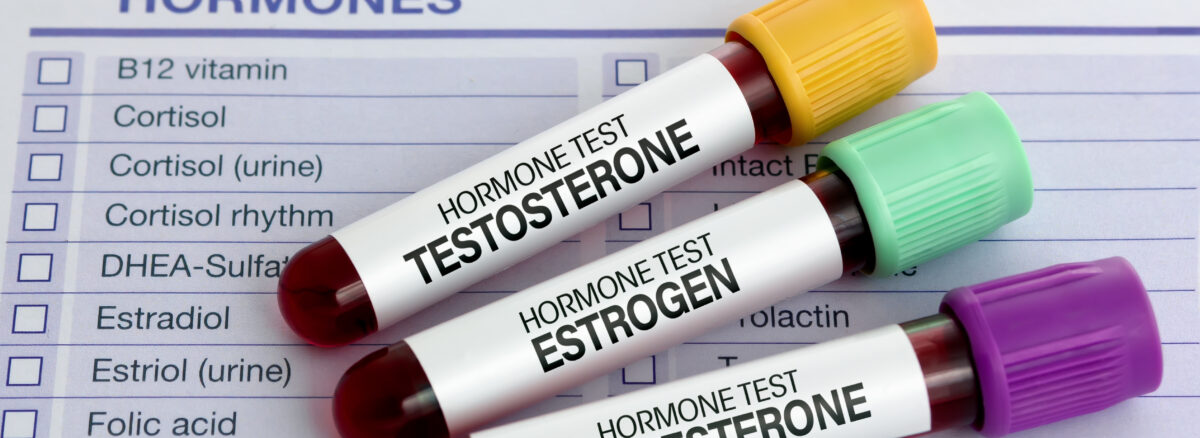Thyroid Hormone Replacement: An Essential Treatment for Thyroid Disorders
Thyroid hormone replacement therapy is a fundamental treatment for individuals whose thyroid glands do not produce adequate amounts of thyroid hormone, a condition known as hypothyroidism. This therapy is crucial for restoring normal body metabolism and function.
The Role of Thyroid Hormones
Thyroid hormones, primarily thyroxine (T4) and triiodothyronine (T3), play a critical role in the body’s metabolism, growth, and development. They influence virtually every organ system, from the heart and brain to the muscles and skin.
Indications for Thyroid Hormone Replacement
Thyroid hormone replacement is typically prescribed when a person has a low-functioning thyroid or after thyroid removal surgery. Conditions necessitating this treatment include:
- Hashimoto’s thyroiditis: An autoimmune disorder that can lead to an underactive thyroid.
- Thyroidectomy: Removal of the thyroid due to cancer or other thyroid conditions.
- Congenital hypothyroidism: When a baby is born with a deficient or absent thyroid gland.
- Thyroid damage: Resulting from radiation therapy or medications.
Thyroid Hormone Replacement Medications
The most commonly prescribed medication for thyroid hormone replacement is synthetic thyroxine (levothyroxine). It is chemically identical to the T4 hormone naturally produced by the thyroid gland.
- Dosage: The dosage of levothyroxine is carefully calculated based on the individual’s weight, age, and the severity of hormone deficiency, as well as other health conditions and medications.
- Administration: It’s typically taken orally, once daily, preferably on an empty stomach to enhance absorption.
Monitoring and Adjustment of Therapy
Regular monitoring of thyroid function tests is essential for patients on thyroid hormone replacement therapy. This includes:
- TSH (Thyroid-Stimulating Hormone) Testing: To adjust medication dosage for optimal hormone levels.
- Clinical Evaluation: To monitor for symptoms of both under- and over-replacement.
Importance of Adherence to Treatment
Consistent adherence to prescribed medication is crucial. Fluctuating or incorrect dosages can lead to symptoms of hypothyroidism, such as fatigue, weight gain, and depression, or hyperthyroidism, such as weight loss, anxiety, and palpitations.
The Impact of Thyroid Hormone Replacement
Effective thyroid hormone replacement therapy can significantly improve quality of life. Patients often notice improvements in energy levels, cognitive function, and overall well-being once hormone levels are stabilized.
Thyroid hormone replacement therapy is a well-established and effective treatment for managing hypothyroidism and other conditions leading to reduced thyroid hormone production. With careful management, regular monitoring, and patient education, thyroid hormone replacement can successfully restore balance to the body’s metabolic processes, allowing individuals to lead active and healthy lives. If you suspect a thyroid imbalance or have been diagnosed with a thyroid disorder, consult with an endocrinologist or healthcare provider to discuss the potential benefits of thyroid hormone replacement therapy.


